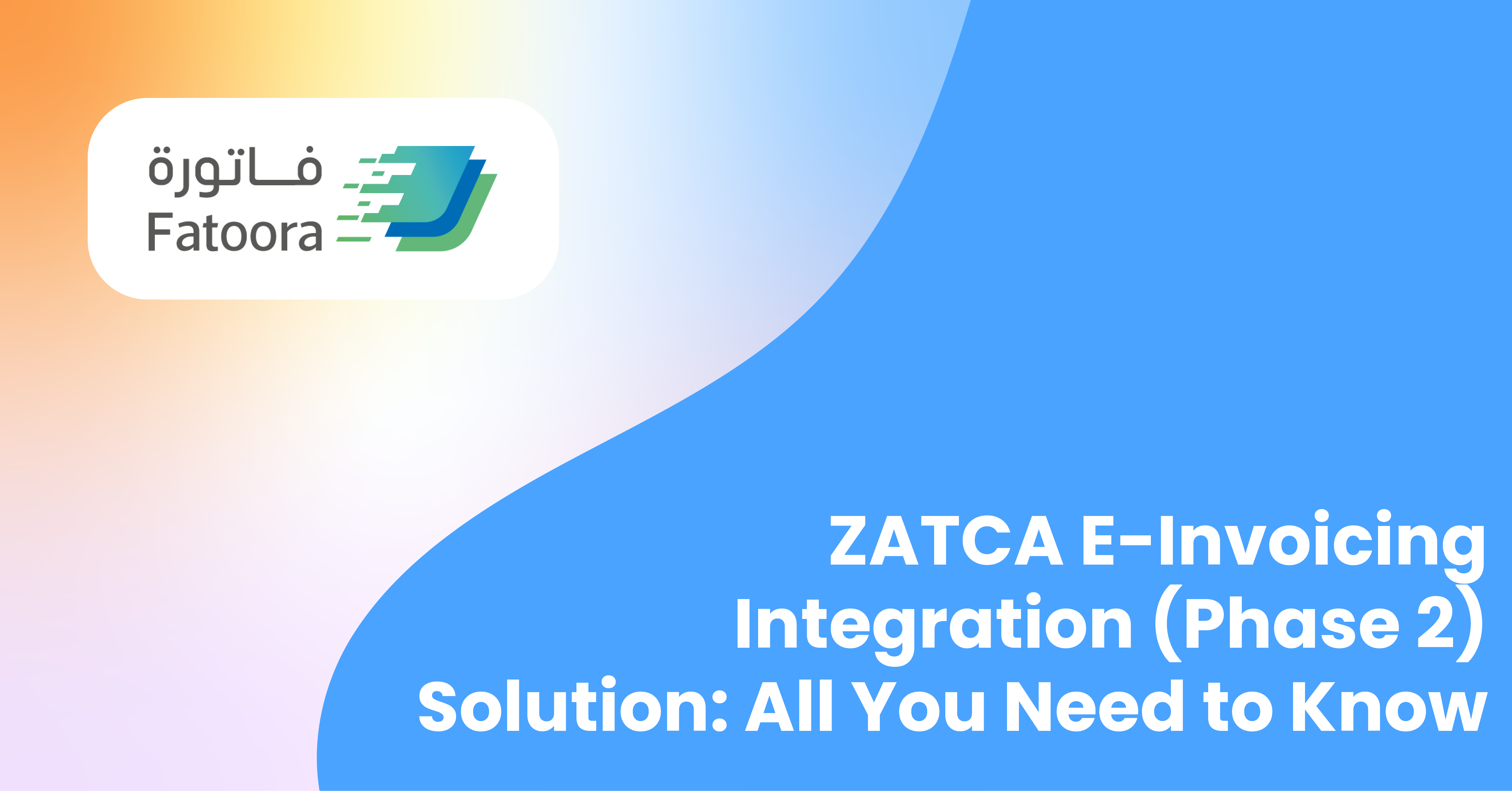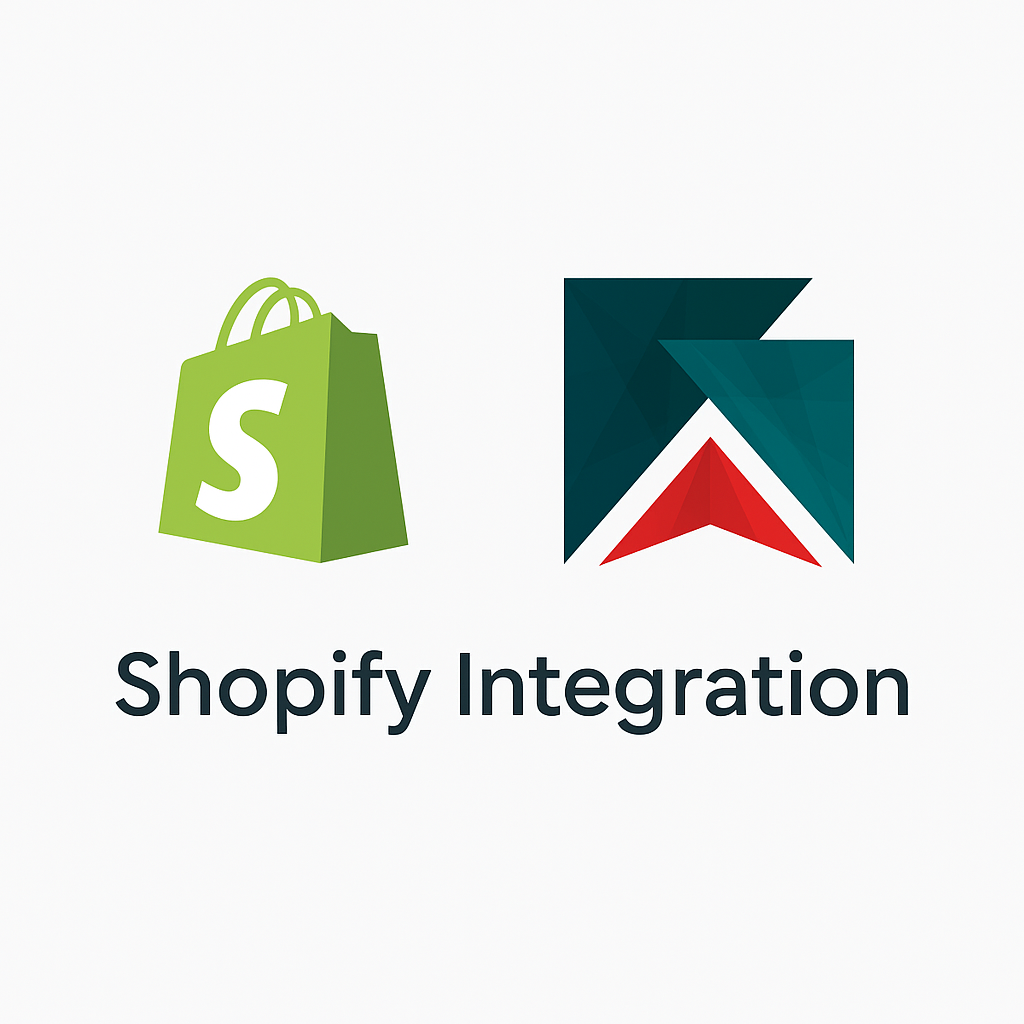The Kingdom of Saudi Arabia continues to streamline its tax regulations and compliance processes to align with Vision 2030 goals, fostering transparency and economic sustainability. Among these developments is the rollout of the Saudi Zakat Tax Second Phase (Phase II Integration). This guide provides a comprehensive overview to help businesses and taxpayers navigate this phase effectively.
What Is Zakat Tax?
Zakat is an obligatory contribution for Muslims, often viewed as a form of wealth purification. In Saudi Arabia, it is enforced as a form of taxation, regulated by the Zakat, Tax, and Customs Authority (ZATCA). Businesses operating in the Kingdom, particularly those owned by Saudi nationals or GCC residents, are mandated to comply with Zakat regulations.
Understanding the Second Phase of Zakat Tax Integration
The second phase, or Phase II Integration, is part of ZATCA's digital transformation strategy. It builds upon the foundations laid in Phase I, emphasizing compliance, transparency, and enhanced operational efficiency.
Key Features of Phase II Integration
1. Enhanced Digital Integration:
Businesses are required to integrate their accounting systems with ZATCA’s digital platform to ensure real-time reporting and verification.
2. Mandatory E-Invoicing:
Phase II emphasizes electronic invoicing (e-invoicing) compliance. Companies must ensure their systems meet the technical and security requirements set by ZATCA.
3. Compliance with Unified Filing Requirements:
ZATCA now mandates unified filing of Zakat returns, aligning with international best practices for tax reporting.
4. Risk-Based Auditing:
Phase II includes advanced data analytics to identify discrepancies or potential non-compliance, reducing audit timelines.
Who Is Affected by Phase II?
The second phase applies to businesses falling under the Zakat system. These include:
• Saudi-owned companies.
• Mixed ownership businesses with Saudi or GCC nationals holding significant stakes.
• Certain non-profit organizations and associations subject to Zakat.
Preparation Checklist for Businesses
To ensure a smooth transition to Phase II, businesses should take the following steps:
1. Update Accounting Software:
Ensure compatibility with ZATCA’s digital systems. Vendors should be approved by ZATCA for e-invoicing.
2. Review Compliance Requirements:
Audit your financial records and procedures to ensure they align with Zakat filing standards.
3. Train Internal Teams:
Equip your finance and accounting teams with knowledge about Phase II regulations.
4. Engage with Tax Advisors:
Seek professional guidance to navigate complex compliance obligations, particularly for mixed ownership entities.
Benefits of Phase II Integration
1. Improved Transparency:
The digital reporting framework ensures accurate representation of financial data, fostering trust with ZATCA.
2. Streamlined Compliance:
Businesses benefit from a standardized process, reducing administrative burdens and errors.
3. Enhanced Economic Stability:
Phase II promotes fair contributions, ensuring resources are allocated for public services and development projects.
Challenges Businesses Might Face
1. Technical Adaptation:
Transitioning to e-invoicing and integrating systems with ZATCA’s platform may require significant IT upgrades.
2. Increased Scrutiny:
Advanced analytics in Phase II mean higher chances of audits, requiring meticulous record-keeping.
3. Financial Impact:
Initial costs for software upgrades, employee training, and advisory services may strain small businesses.








